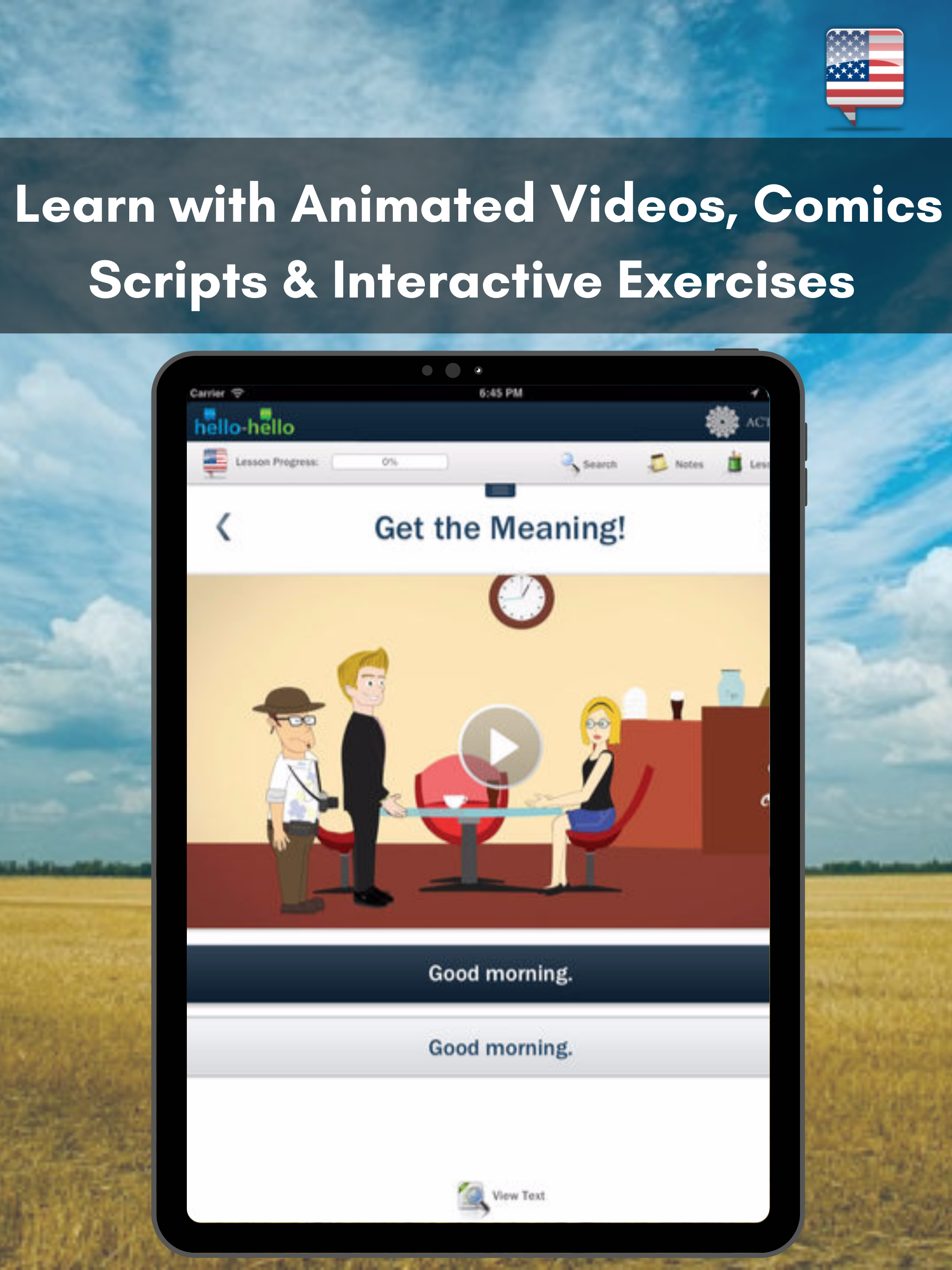Apart from the fact that people mean different things when one talks about “football,” how much do you truly know about American English, particularly, to the extent that it has won its independence from the Brits?
Several people can rattle off the little differences between the colors of Americans and the colors of a British fog, but there is a lot more to it than that.
Without getting extensively into the more mundane differences between American and British English, here are certain facts about American English that might honestly amaze you — or they may entertain you.
American English is not an official language of any part
Despite what you might have heard, the US doesn’t have any official language, it is in spite of the fact at least 231 million of its residents speak English. And this was post-Republican Washington J. McCormick unsuccessfully tried to pass a bill that would officialize “the American language” in 1922, though it did momentarily catch on in the state of Illinois.
American English is not the sole dialect to blame for differences across the pond
British English also constantly changed after 1776, most notably by removing the “r” sounds from words like car, hard, etc. This de-rhotacization paved way to what you know of today as the posh British accent. This means the rhotic pronunciation we mostly associate with American speech did not come from Americans — but actually the Brits of yore.
If one got his way, you would write wimmen in place of women
In the year 1806, Noah Webster published the first American dictionary, A Compendious Dictionary of the English Language, which was filled with laughable suggestions for streamlining American spelling. He literally arrived at standardization of American English that was palatable enough to stick (like our beloved “color” and “theater”), but many of his earliest attempts earned him the title of a certain nasty remark. His biggest crime? Wants America to develop a unique cultural identity — one in which “tung” means “tongue.”
The majority of state names are not English at all
Nearly half of the US state names contain linguistic ties to the Native American tribes that once lived on the land.
American English is also distinct due to the cultural melting pot that came to inform it
Because of the unique history of migrations to the US, American English now has loan words and linguistic impacts from several Native American languages, German, Dutch, Yiddish, French, European and Mexican Spanish, and more.
Learn English with Hello-Hello’s iPhone and iPad apps
Hello-Hello, which is the leading mobile language learning application developer, offers users a unique opportunity to learn the English language with iOS and Android Apps. Learn English by Hello-Hello iPhone app, which is developed in collaboration with The American Council on the Teaching of Foreign Languages (ACTFL), offers 30 conversational lessons based on real-life situations rather than a collection of out-of-context words and phrases. Dialogues are presented and then broken down into sentence by sentence where you can practice pronunciation and writing skills. The key features of Hello-Hello’s English app that make it the THE BEST language learning app available on iTunes are –
- Animated videos and comic strips– New games to practice reading and listening skills
- Cleaner and more friendly user interface
- Follow your course progress
- Take notes
- Receive notifications with lesson reminders. The more you practice, the more you learn!
- Receive notifications with new words to build your vocabulary.


